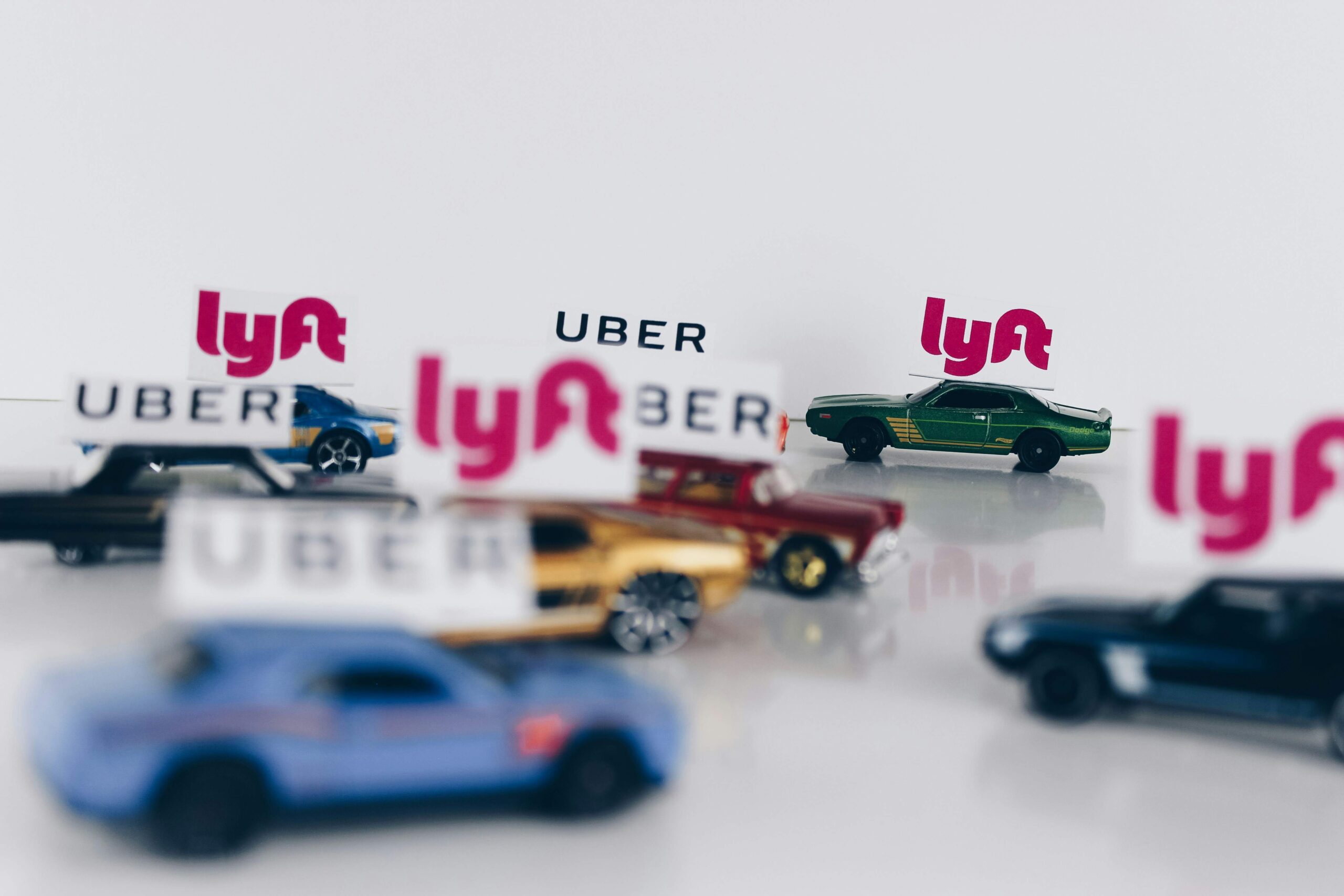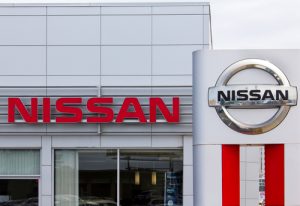The California state Supreme Court is set to hold a hearing with several oral arguments delivered regarding a ballot measure that has altered the way in which we view app-based drivers. Presently, drivers who work for apps like Uber and Lyft are not considered employees of the app. A soon to be debated ballot measure changed the status of drivers after it passed in 2020. Proposition 22 passed in the election of 2020 when support for the law received around 60% of the vote. When this law passed, drivers for apps like Uber and Lyft began to be identified as independent contractors.
This proposition had been heavily pushed by the apps themselves while the drivers and labor unions were against it. Being labeled as independent contractors limits the benefits that the drivers get, meaning companies were paying less and employees/now independent contractors were making less. Now, a hearing has been brought to the Supreme Court of California. The hearing is called to the state high court after a lawsuit was filed by the Service Employees International Union (or SEIU) and a handful of individuals.
The SEIU claims Prop 22 was unconstitutional.
When the drivers have employee status, the apps are forced to actually treat them as such, paying them minimum wage, overtime pay, provide healthcare benefits, and cover reimbursements for work related expenses. As independent contractors, the apps hold no responsibility to provide these. Studies have shown that when they are considered independent contractors, drivers and gig workers make far below the state minimum wage. This has happened largely as well as the way in which apps are paid is completely different now.
Uber spent $200 million to campaign in support of Prop 22.
Even after their campaign budget was released, Uber continued to argue that they could not afford to pay their drivers minimum wages if they were considered employees. Many commented on the irony of their $200 million budget.
California is not the only state dealing with these issues presently. Minnesota and Massachusetts are dealing with similar cases in which drivers are not being given the same benefits and treatments as other employees. There are other hearings that are currently happening or did happen in these states. For now, we shall wait and see what California’s conclusion will be.




